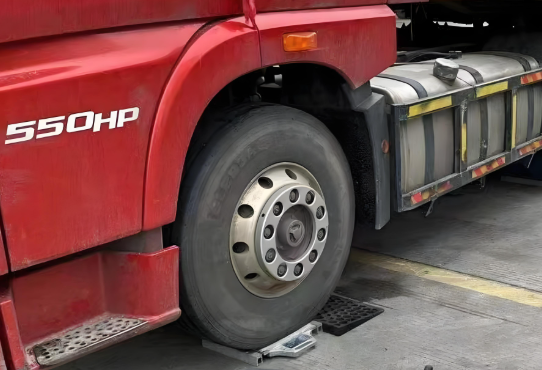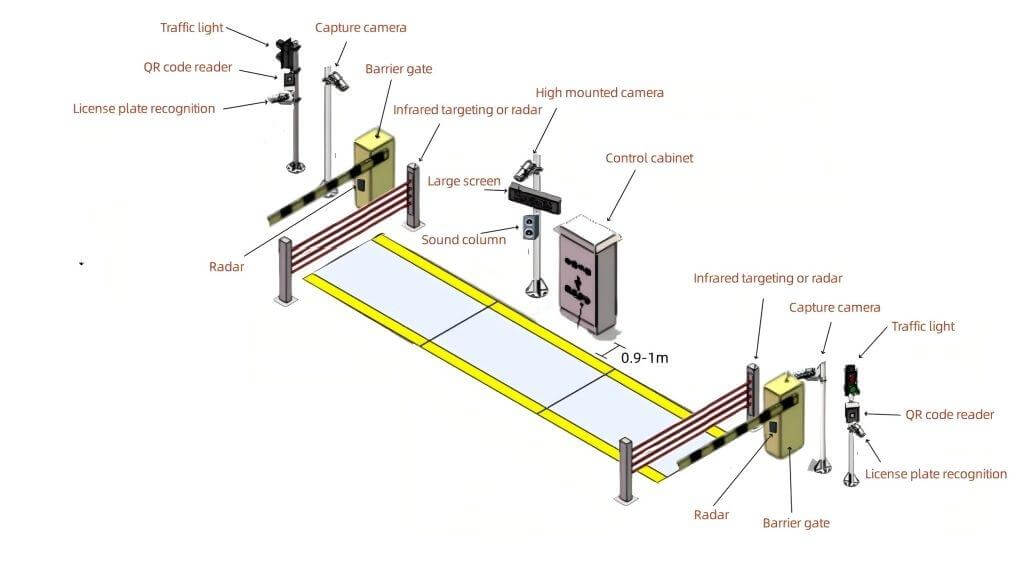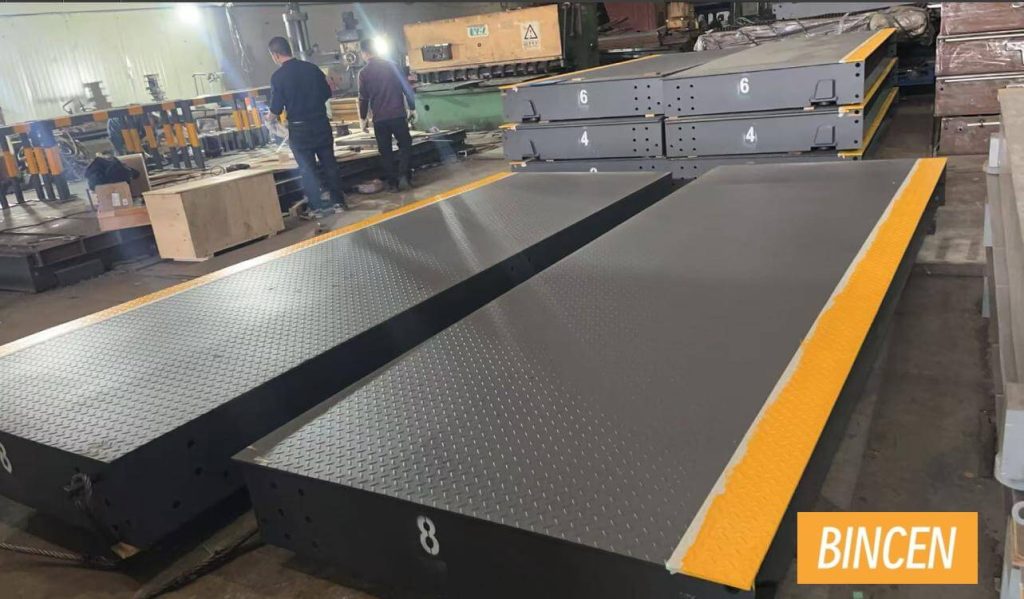Analog vs. Digital Truck Scale: Which is Right for Your Business?
When it comes to managing the weight of goods transported by trucks, having an accurate and reliable truck scale is essential for any business. Truck scales ensure that your vehicles are not overloaded, thereby preventing fines, reducing wear and tear on vehicles, and ensuring safety on the roads. But with two main technologies – analog and digital – choosing the right truck scale for your business can be a challenge. This article will introduce the functionalities of each type, helping you decide which one best suits your needs.
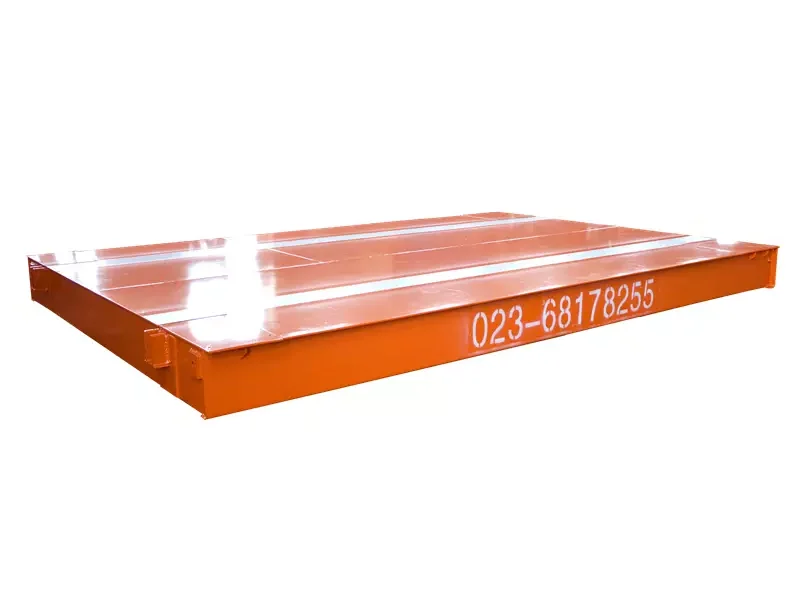
Introduction to Analog and Digital Truck Scales
There are two primary types of truck scales: analog and digital, each with its unique features and benefits.
Analog Truck Scales
Analog truck scales have been a reliable choice for decades, operating on mechanical principles. They use components like levers, springs, and dials to measure weight. When a vehicle drives onto the scale, these mechanical parts move, displaying the weight on a dial. Key features of analog truck scales include:
Durability: Known for their robust construction, analog scales can withstand harsh environments and heavy use.
Simplicity: These scales are straightforward to operate, with minimal training required. There are no electronic parts, reducing the risk of malfunction.
Maintenance: Regular manual calibration is necessary to maintain accuracy, which can be a time-consuming process.
Digital Truck Scales
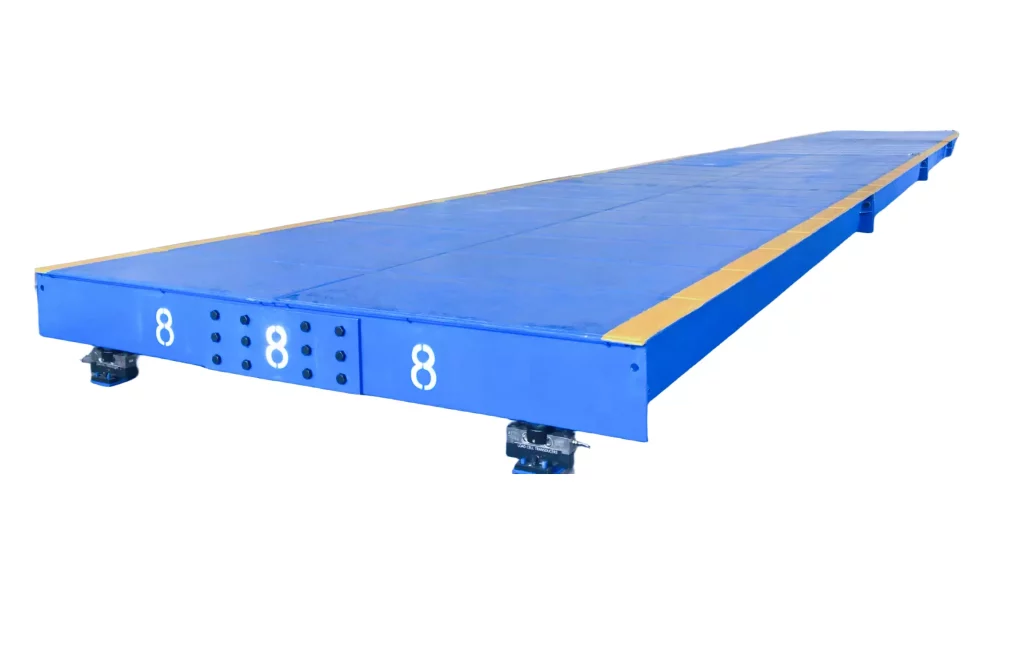
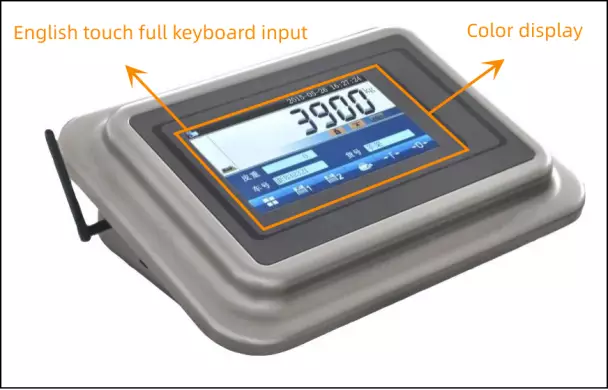
Digital truck scales represent modern advancements, using electronic components for precise weight measurements. They utilize load cells to convert the mechanical force of the weight into an electronic signal, displayed digitally. Key features of digital truck scales are as follows:
Precision: Digital scales offer higher precision, making them ideal for businesses requiring exact measurements.
Ease of Use: Featuring user-friendly interfaces and clear digital displays, digital scales are easy to operate. Advanced models include features like data logging and remote monitoring.
Low Maintenance: Digital scales require less maintenance, with electronic calibration and self-diagnostic features enhancing reliability.
Both analog and digital truck scales are used in agriculture, mining, construction, transportation, and waste management. Understanding the differences between analog and digital truck scales helps businesses choose the right tool to meet their operational needs and long-term goals.
Choosing Between Analog and Digital Truck Scales
Selecting the right truck scale for your business involves understanding the distinct advantages and limitations of both analog and digital scales. The decision should be based on factors such as accuracy, durability, ease of use, and overall cost-effectiveness. Here’s a detailed comparison to help you choose between analog and digital truck scales.
Analog vs. Digital Truck Scale: Main Differences
| Feature | Analog Truck Scales | Digital Truck Scales |
| Accuracy and Precision | Accurate but less precise due to mechanical components that may wear over time. | Higher precision, capable of measuring weight in finer increments. |
| Durability and Maintenance | User-friendly interfaces, clear digital readouts, touchscreens, and advanced features like data logging and remote monitoring. | Durable but sensitive to environmental factors, requires electronic calibration and self-diagnostics. |
| Ease of Use | Simple operation, dial reading, minimal training required but requires careful interpretation of dial. | User-friendly interfaces, clear digital readouts, touchscreens, advanced features like data logging and remote monitoring. |
| Cost | Lower initial cost, but higher ongoing maintenance and calibration costs. | Higher upfront cost, but lower long-term maintenance costs and improved efficiency. |
Which Type is More Cost-effective in the Long Run?
As mentioned in the table above, cost-effectiveness is a critical consideration when choosing between analog and digital truck scales. It involves evaluating both the initial investment and the ongoing operational costs.
Analog Scales: With a lower initial cost, analog scales can be a cost-effective choice for businesses that prioritize durability and simplicity. However, the need for frequent calibration and maintenance can increase the total cost of ownership over time. For industries where environmental durability is paramount, analog scales might offer the best value.
Digital Scales: Despite their higher upfront cost, digital scales can be more cost-effective in the long run due to their precision, ease of use, and low maintenance requirements. The ability to integrate with modern business systems and the potential for advanced features like data analytics and remote monitoring can lead to significant operational efficiencies and cost savings over time.
Analog and Digital Truck Scale Application
Choosing between an analog and digital truck scale hinges on understanding how well each system aligns with your specific needs. Here’s a closer look at the ideal applications for each technology:
Analog Truck Scales
- Simple Weighing Needs: For businesses with low weight volumes and where basic accuracy (± a few hundred pounds) suffices, analog scales offer a straightforward solution. They are commonly used in agricultural settings to occasionally weigh crops or livestock or in scrapyards for estimating scrap metal loads.
- Remote Locations: Since analog scales are mechanical and don’t require electricity, they become the go-to option for remote areas without reliable power sources. Construction sites, mining operations, or weighbridges in off-grid locations can benefit from the simplicity and durability of analog scales.
- Budget Constraints: Let’s face it, budget is a major consideration for any business. Analog scales have a significantly lower upfront cost compared to digital models. For businesses with tight budgets, especially those with infrequent weighing needs, an analog scale might be a financially sound choice.
Digital Truck Scales

- High-Volume Operations: Efficiency is paramount in fast-paced environments like logistics hubs, recycling centers, or quarries. Digital scales excel here with their faster weighing speeds. The electronic weight registration eliminates the need for manual readings, saving valuable time when processing a high number of trucks daily.
- Inventory Control and Reporting: Digital scales seamlessly integrate with inventory management software. Each weighbridge event is automatically recorded, allowing businesses to track inventory levels in real time and generate detailed weight reports. This feature is crucial for businesses that need to closely monitor stock or comply with specific reporting requirements.
- Compliance and Regulations: Certain industries, such as waste management or pharmaceutical manufacturing, have strict regulations regarding weight accuracy and data management. Digital scales, with their superior precision and ability to generate detailed weight records, are better equipped to meet these compliance standards.
In conclusion, the type of truck scale you choose depends on your specific needs. While analog scales offer a low-cost, reliable option for basic weighing needs, digital scales provide unmatched efficiency, data management capabilities, and precision, making them ideal for high-volume operations and industries with strict regulations.
Conclusion
If you’re looking for a reliable and innovative digital truck scale solution, look no further than BINCEN. BINCEN is a leading manufacturer of high-precision digital truck scales, offering a wide range of models to suit any weighing application. Contact BINCEN today to discuss your specific needs and find the perfect digital truck scale for your business.

